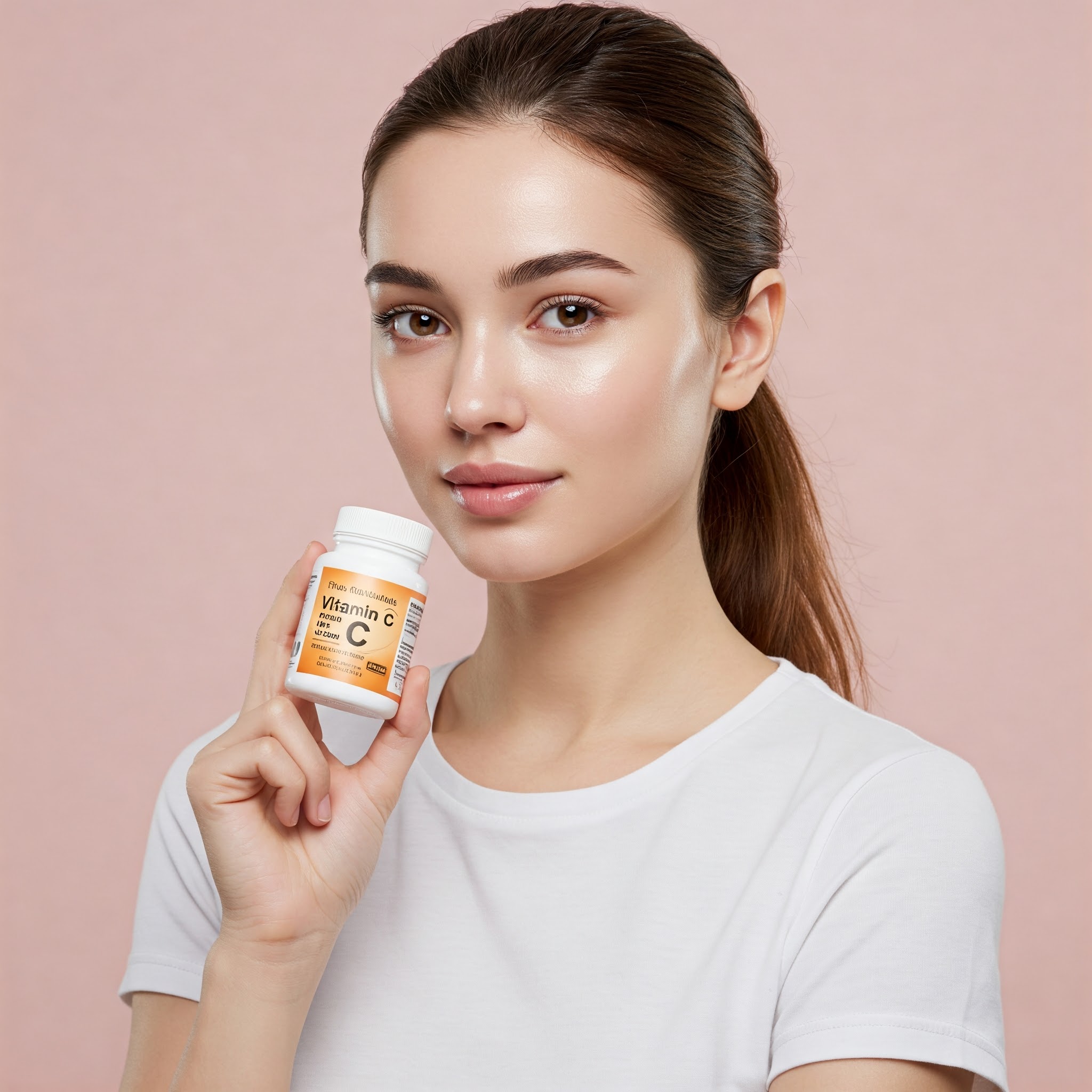
Best Vitamins and Supplements for Acne: What Works?
Acne is a common skin condition that affects millions of people. While topical treatments and prescription medications can be effective, many people seek natural ways to support their skin health and manage acne breakouts. This has led to growing interest in the use of vitamins and supplements for acne. This comprehensive guide explores the best vitamins and supplements for acne, highlighting their potential benefits, what the research says, and important considerations.
The Role of Vitamins and Supplements in Acne Management
While a balanced diet is the ideal way to obtain essential nutrients, vitamins and supplements can provide additional support for skin health and may help manage acne breakouts. They can work in several ways:
- Reducing Inflammation: Some vitamins and supplements have anti-inflammatory properties, which can help reduce the redness and swelling associated with acne.
- Regulating Oil Production: Certain nutrients may help regulate sebum (skin oil) production, which can contribute to acne when it’s excessive.
- Supporting Skin Health: Vitamins and minerals play a crucial role in maintaining healthy skin and promoting healing.
- Balancing Hormones: Some supplements may help balance hormones, which can be a factor in acne development, particularly in adults.
Best Vitamins and Supplements for Acne
1. Vitamin A
Vitamin A is a fat-soluble vitamin that plays a vital role in skin health. It supports skin cell turnover and may help reduce inflammation.
- Retinoids: Topical retinoids, derived from vitamin A, are a common acne treatment. They work by unclogging pores and reducing inflammation.
- Food Sources: Sweet potatoes, carrots, spinach, kale
- Supplements: Available in various forms, including retinol and beta-carotene.
Read Also : Natural Remedies For Hormonal Acne
2. Zinc
Zinc is an essential mineral that plays a crucial role in immune function, wound healing, and hormone regulation. Studies suggest that zinc may help reduce inflammation and inhibit the growth of acne-causing bacteria.
- Food Sources: Oysters, beef, pumpkin seeds, chickpeas
- Supplements: Available as zinc gluconate, zinc sulfate, and zinc picolinate.
3. Vitamin C
Vitamin C is a powerful antioxidant that protects the skin from damage and supports collagen production, which is important for skin health and healing.
- Food Sources: Citrus fruits, berries, bell peppers, broccoli
- Supplements: Available as ascorbic acid, sodium ascorbate, and calcium ascorbate.
4. Vitamin E
Vitamin E is another potent antioxidant that protects the skin from damage and may help reduce inflammation.
- Food Sources: Nuts, seeds, vegetable oils, green leafy vegetables
- Supplements: Available as tocopherols and tocotrienols.
5. Omega-3 Fatty Acids
Omega-3 fatty acids have anti-inflammatory properties that may benefit skin health and reduce acne breakouts.
- Food Sources: Fatty fish (salmon, tuna, mackerel), flaxseeds, chia seeds, walnuts
- Supplements: Available as fish oil, krill oil, and flaxseed oil.
6. Probiotics
Probiotics are beneficial bacteria that support gut health. Emerging research suggests that gut health may play a role in skin health, and probiotics may help reduce inflammation and improve skin conditions like acne.
- Food Sources: Yogurt, kefir, sauerkraut, kimchi
- Supplements: Available in various strains and formulations.
7. Niacinamide (Vitamin B3)
Niacinamide, a form of vitamin B3, has anti-inflammatory properties and may help regulate oil production, potentially benefiting those with acne.
- Food Sources: Meat, poultry, fish, nuts, legumes
- Supplements: Available in various forms, including niacinamide and nicotinic acid.
Important Considerations
- Consult a Healthcare Professional: It’s essential to consult with a healthcare professional before taking any new vitamins or supplements, especially if you have any underlying health conditions or are taking medications.
- Dosage: Follow the recommended dosage instructions on the supplement label or as advised by your healthcare professional.
- Quality: Choose high-quality supplements from reputable brands.
- Potential Side Effects: Be aware of potential side effects, such as stomach upset or allergic reactions.
- Combined Approach: Vitamins and supplements should be used as part of a comprehensive acne management plan that includes a healthy lifestyle, good skincare practices, and potentially other treatments as recommended by your dermatologist.
Conclusion
While more research is needed to fully understand the role of vitamins and supplements in acne treatment, some evidence suggests that certain nutrients may offer benefits for skin health and acne management. By incorporating a balanced diet, practicing good skincare habits, and considering supplements under the guidance of a healthcare professional, you can support your skin health and work towards achieving a clearer complexion.
